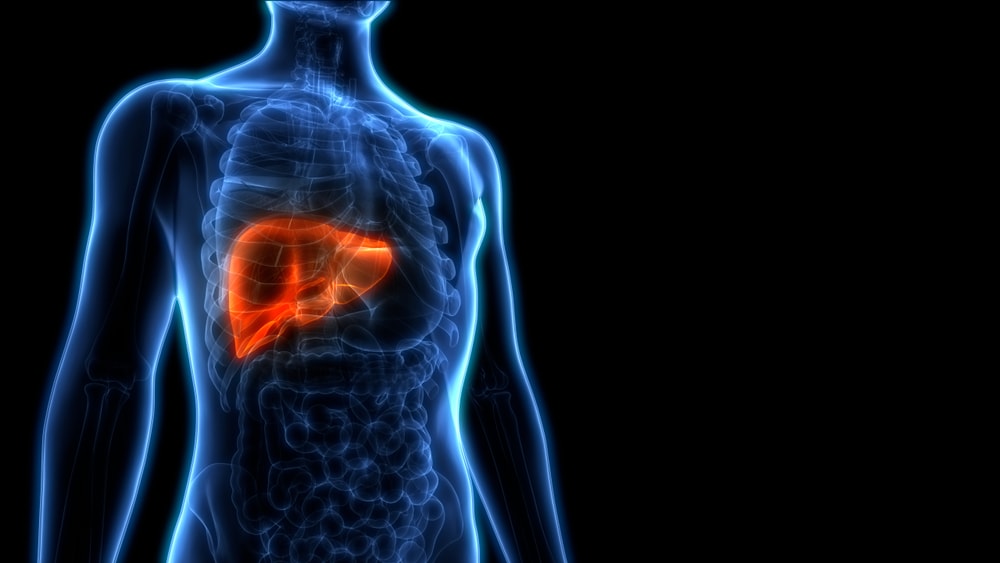Did you know that cirrhosis is India’s 12th leading cause of death? This serious condition can affect men and women of all ages. It is important to know the symptoms and causes, as it is often difficult to diagnose it in its early stages. And you don’t want to end up in the later stages, as it can be life-threatening.
So, if you suspect cirrhosis, it is crucial to seek immediate medical attention. This blog post will discuss everything you need to know about cirrhosis. Keep reading for more information!
An Overview of Cirrhosis
Cirrhosis is characterized by irreversible scarring of the liver tissue. It can be caused by various factors, such as alcohol abuse, viral infections, or chronic hepatitis. In its early stages, cirrhosis may not present any symptoms and therefore goes undetected until it has progressed significantly. You must be aware of the cirrhosis of the liver stages, as it can help you better understand your condition and determine the available treatment options.
Symptoms of Cirrhosis
The symptoms of cirrhosis can vary depending on the severity of the condition and other factors such as age and overall health. Some common symptoms of cirrhosis include fatigue, loss of appetite, weight loss, nausea and vomiting, abdominal pain or discomfort, jaundice (yellowing of the skin and eyes), mental confusion or changes in behavior, easy bruising or bleeding from minor injuries, itchy skin or rashes, swollen legs and feet due to fluid retention.
Causes of Cirrhosis
Several factors can contribute to the development of cirrhosis, including excessive alcohol consumption, viral infections like hepatitis C or B, and liver damage from certain medications. Additionally, genetic factors may play a role in increasing one’s risk of developing cirrhosis.
One of the most common causes of cirrhosis is chronic alcohol abuse. Excessive drinking over many years can lead to long-term damage and scarring in the liver, eventually impairing its function. Other lifestyle habits, such as poor diet and lack of exercise, may also increase your risk of developing cirrhosis.
Stages of Cirrhosis
The four main stages of Cirrhosis are:
Stage I: Inflammation
This stage is characterized by the initial inflammation and irritation of liver tissue. In this stage, minor symptoms may be fatigue, weakness, and loss of appetite.
Stage II: Fibrosis
During this stage, your body produces excess fibrous scar tissue in response to the continued liver damage. Symptoms at this stage include fluid retention, weight gain or loss, swelling in the legs and abdomen, changes in stool color or consistency, jaundice (yellowing of skin and eyes), muscle wasting or weakness, confusion, or irritability.
Stage III: Compensated Cirrhosis
At this point in the disease progression, more serious symptoms can become debilitating if left untreated. Some common symptoms include nausea, vomiting, abdominal pain and swelling, easy bruising or bleeding, itchy skin or rashes, confusion, or slurred speech.
Stage IV: Liver Failure
At this stage, the liver cannot function due to extensive damage and scarring. Symptoms may include jaundice, itching, fatigue, confusion or dizziness, nausea, and vomiting, swelling in the legs and abdomen, loss of appetite, or weight loss.
Diagnosis of Cirrhosis
The first step in diagnosing cirrhosis is typically a physical exam and blood tests to assess liver function. Your doctor may also order imaging tests, such as an ultrasound or CT scan, to get a more detailed view of your liver. In some cases, the only way to definitively diagnose cirrhosis is through a liver biopsy, which involves taking small samples of tissue from your liver for further testing. It can be done using minimally invasive techniques like laparoscopy or inserting a needle into the abdomen and extracting tissue samples directly.
Cirrhosis Treatment Options
Several treatment options are available for patients with cirrhosis, including lifestyle changes, medications, and surgery. One key step in any treatment plan is to make healthy lifestyle choices that can help reduce the risk of further liver damage and improve overall health. This may include eating a well-balanced diet low in fat, regular exercising, avoiding alcohol and drugs, managing stress levels, and maintaining good sleep habits.
In addition to lifestyle modifications, patients may also require medication therapy or surgery to manage their symptoms effectively.
The Bottom Line
Cirrhosis is a serious condition that can have debilitating effects on the health and well-being of those affected. Whether it is caused by alcohol abuse, hepatitis, or some other underlying medical issue, cirrhosis requires prompt diagnosis and treatment to prevent further damage and improve the overall quality of life. Therefore, if you are experiencing cirrhosis symptoms, it is crucial to seek medical assistance as soon as possible to ensure the best possible outcomes.
Read More Health Blogs About squint eye.
https://www.zeelase.com/what-is-the-best-treatment-for-inguinal-hernia/
https://alldailyupdates.com/how-to-choose-the-right-orthopedist/
